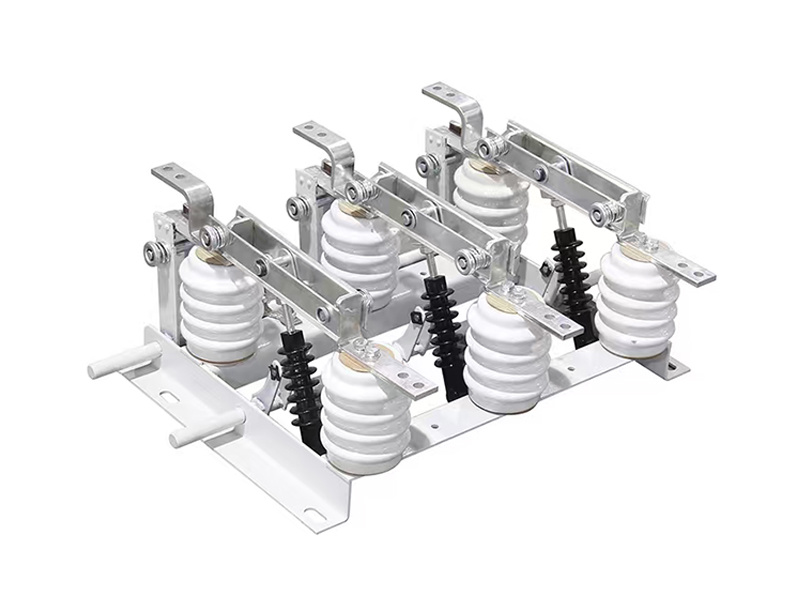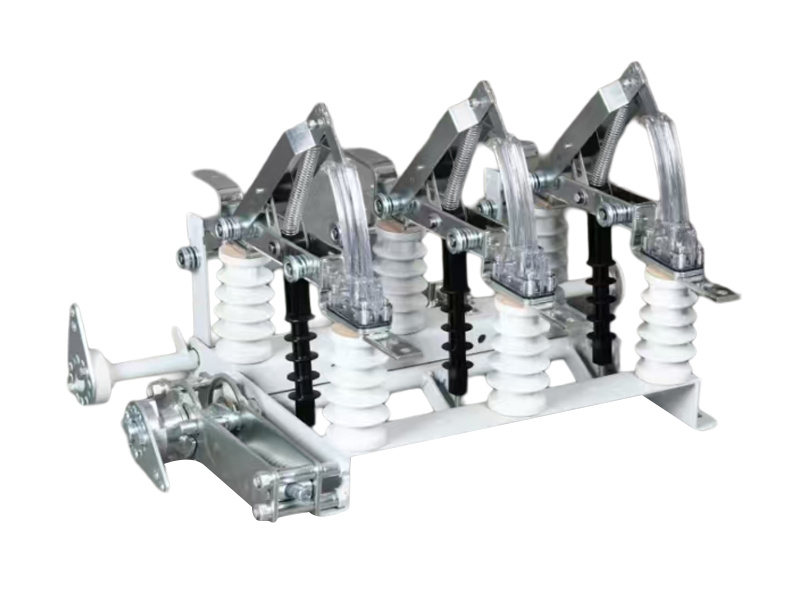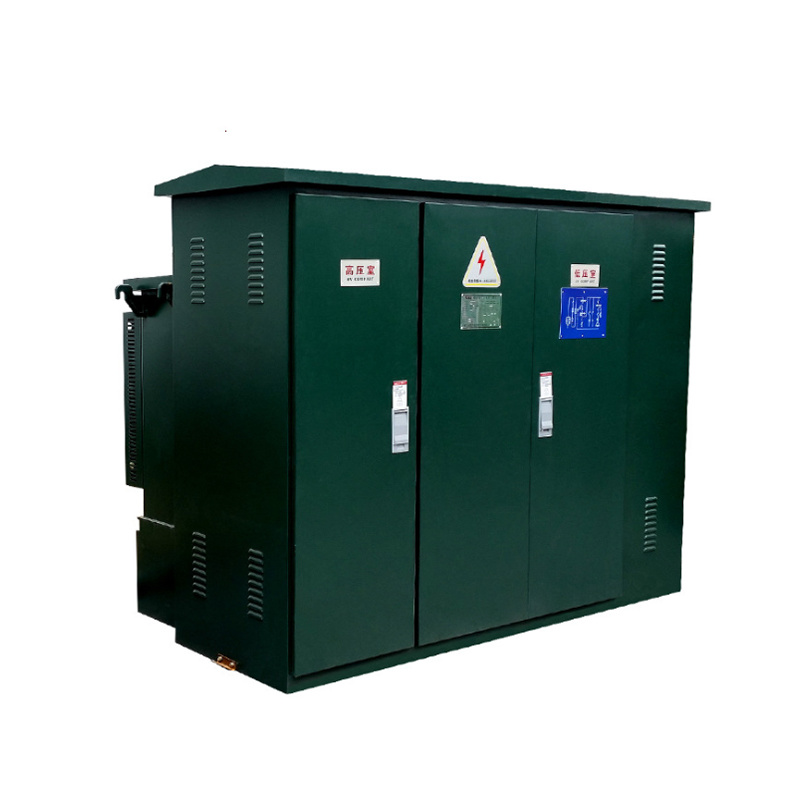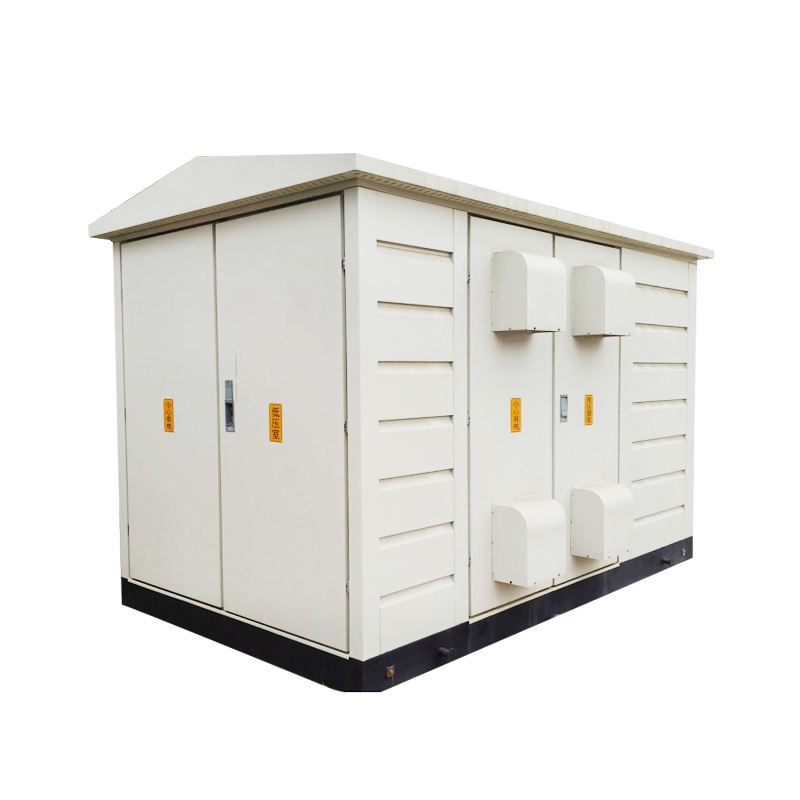Contact Us
Email:
WhatsApp:
Small leakage
- Product Description
-
Product Introduction
The Residual Current Operated Miniature Circuit Breaker (RCBO) is an electrical safety device that integrates residual current protection functions based on a miniature circuit breaker. It provides overload and short circuit protection for circuits and quickly cuts off power when leakage occurs (such as electric shock to humans or equipment insulation failure). It is a core protective device to prevent electric shock accidents in residential, commercial, and small industrial equipment.
Scope of Application and Typical Scenarios
The design of the residual current device is adapted to low-voltage distribution systems, with the specific scope of application as follows:
Voltage / Frequency: AC 50/60Hz, rated voltage 230V (single-phase 1P+N, 2P) or 400V (three-phase 3P, 4P);
Rated Current: Common specifications are 1A, 3A, 6A, 10A, 16A, 20A, 25A, 32A, 40A, 50A, 63A (same as miniature circuit breakers);
Residual Operating Current: A core parameter, mainstream for residential scenarios is 30mA (can quickly cut off power after human electric shock to avoid ventricular fibrillation), special scenarios (such as bathrooms, medical equipment) can choose 10mA;
Typical Application Sites:
Residential: Each circuit in household distribution boxes (such as socket circuits, air conditioning circuits, kitchen circuits), dedicated circuits for high-power appliances like water heaters/washing machines;
Commercial: Office sockets, convenience store equipment, lighting and power circuits in small shops;
Industrial: Single-machine protection for small motors, machine tools, power tools, and other equipment.
Key Technical Parameters
The following parameters should be focused on when selecting models, as they directly affect protection effectiveness and safety:
Rated Residual Operating Current (IΔn): The minimum residual current that triggers leakage protection, 30mA is preferred for residential use (international safety standard balancing protection sensitivity and false trigger probability);
Residual Operating Time (tΔ): The time from leakage occurrence to circuit disconnection, standard requires ≤0.1 seconds (ensuring no fatal risk after human electric shock);
Rated Operating Voltage (Ue): Must match the voltage of the circuit (e.g., 230V specification for household 220V, 400V specification for three-phase equipment);
Rated Current (In): Must be greater than the total maximum operating current of all appliances in the circuit (e.g., 16A suitable for ordinary socket circuits, 32A suitable for air conditioning/water heater circuits);
Number of Poles: Choose according to circuit type, common specifications are as follows:
1P+N: Single-phase circuit (only disconnects the live wire, neutral wire always connected, small size, suitable for lighting/small power sockets);
2P: Single-phase circuit (disconnects both live and neutral wires, higher safety, suitable for high-power devices like water heaters and air conditioners);
3P/4P: Three-phase circuit (3P disconnects three live wires, 4P disconnects three live wires + one neutral wire, used for three-phase motors and industrial equipment);
Rated Short-Circuit Breaking Capacity (Icn): The maximum short-circuit current that can be safely interrupted, commonly 6kA for residential (meeting household circuit short-circuit scenarios), 10kA or above for industrial scenarios.
Core Features
Dual Protection, Safety Redundancy: Covers overload, short circuit, and leakage risks simultaneously to avoid accidents caused by single protection failure;
High Sensitivity, Rapid Response: Leakage operating time ≤0.1 seconds, 30mA operating current effectively ensures human safety;
Easy Installation, Strong Compatibility: Same size as miniature circuit breakers, can directly replace ordinary breakers in distribution boxes without additional wiring;
Regular Self-Test, High Reliability: Monthly function testing via the "Test Button" to prevent protection failure caused by component aging.
Keywords:
Related Products
YB M/YB P Prefabricated Substation













